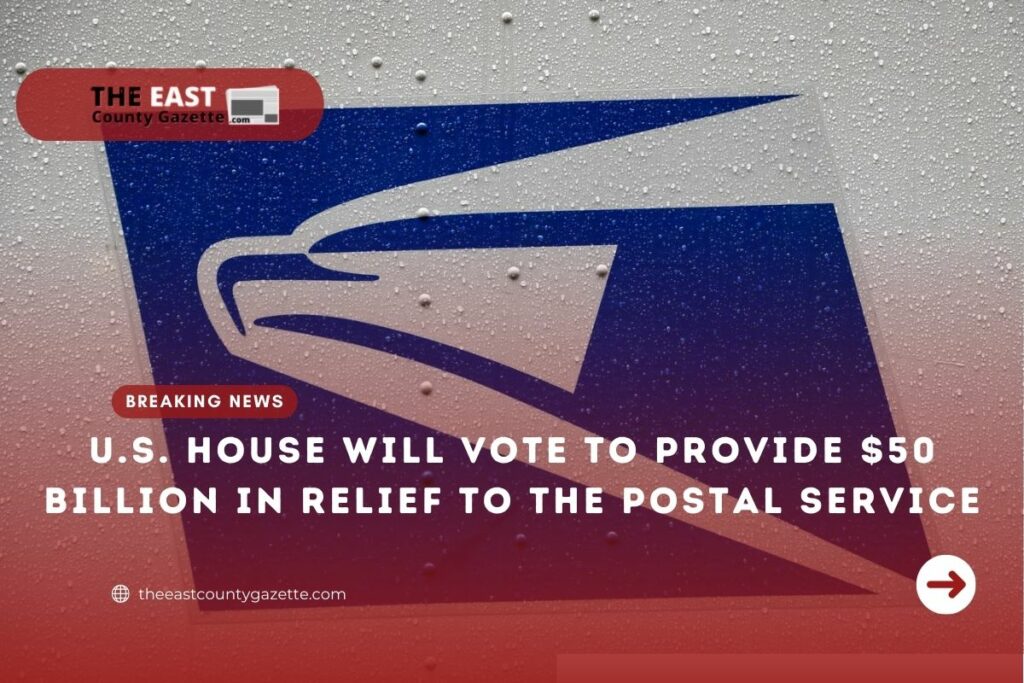On Tuesday, the U.S. House of Representatives is slated to vote on a bill that will save the Postal Service (USPS) about $50 billion over a decade and require future retirees to enroll in a government health insurance plan.
Approximately $90 billion has been lost by USPS since 2007. There are several reasons for this, including a 2006 law mandating where it refund more than $120 billion in retiree healthcare and pension liabilities.
Carolyn Maloney, the chair of the House Oversight Committee, said the bill will strengthen USPS and save $50 billion over 10 years, Reuters reported.
If approved, the bill moves to the United States Senate.
In the bill, USPS is no longer required to prefund retiree health benefits for current and retired employees for 75 years, a burden no business or other federal agency must face.
Read More: Your Electricity Bill Will Reduce Right Away If You Unplug These Appliances!
USPS estimated that it would save roughly $27 billion over ten years by sharply reducing its pre-funding liability.
Medicare must be enrolled by future retirees. The USPS pays more in Medicare premiums than other employers due to the fact that about 25% of postal retirees do not enroll even though they are eligible. USPS estimates it could save $22.6 billion over ten years by making the change.
In addition to the White House and postal unions, Hallmark and the Greeting Card Association supported the bill
Also, Amazon.com, one of the service’s most important customers, has backed the legislation strongly.
“Americans across the country have long depended on the USPS for its reliable and affordable delivery options,” said Brian Huseman, vice president of Amazon Public Policy, in a letter to lawmakers Feb. 2.
As part of the House bill, Postmaster General Louis DeJoy proposed cutting $160 billion in projected losses over the next decade.
As part of its new delivery standards, USPS slowed some first-class mail delivery in October.
It requires USPS to deliver mail six days a week, and to develop an online dashboard of weekly delivery performance by zip code, and to expand special rates for local newspaper distribution.

